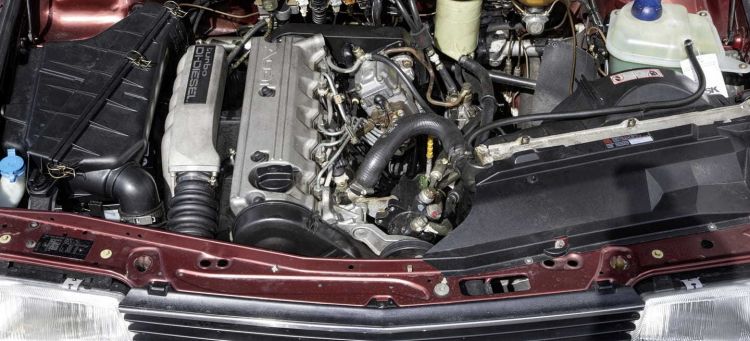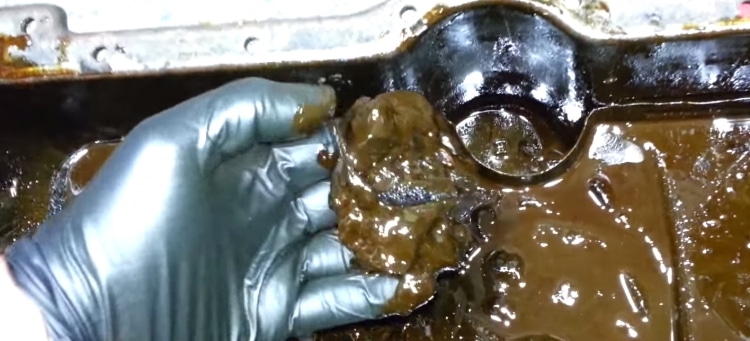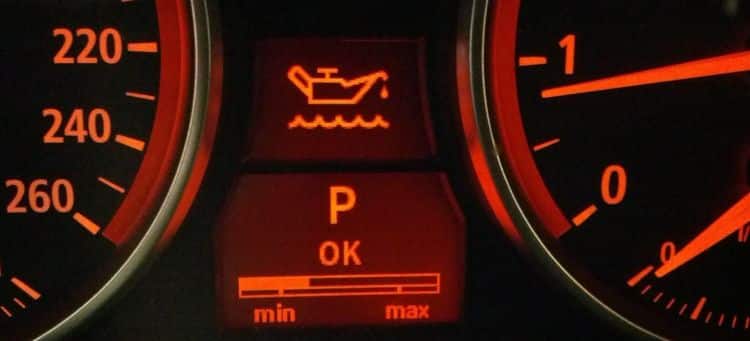Our cars are becoming more advanced and smarter. They use less fuel to get us from one place to another faster and do it more comfortably and safely. However, some things do not change, and reality remains the same as decades ago: an engine, without oil, cannot function. What happens to our car engine when it runs out of oil? We are going to break down the entire process point by point, from why it is necessary for an engine to use oil to how to avoid possible breakdowns due to a lubricating oil leak.
Why does the engine use oil? What is your function?
In its primary form, a combustion engine needs three fluids: the first is fuel, whether diesel, gasoline, or gas. The second is the air, which mixes in the engine’s combustion chamber to cause the explosion and which, in addition, in some engines – now out of use – also served to cool the engine. The third concern for us today is the lubricant, oil: it is responsible for keeping the friction between parts at very low levels, also serving as a coolant and detergent for multiple propeller components.
A combustion engine needs to use oil so that all the internal parts that compose it have a very low coefficient of friction. This ensures that the friction between parts is not great enough to generate problems with heating, deformation, and even fusion.

To give us an idea: when a heat engine rotates at 4000 revolutions per minute, the pistons travel several tens of meters per second if their progress is measured straight. The pistons are not the only engine components that need to be lubricated for everything to work correctly: from the camshafts to the crankshaft, hundreds of parts require a constant flow of oil so that the engine does not have any problems.
What are the consequences if we run out of engine oil?
When an engine begins to operate without the necessary amount of oil, problems do not take long to arise: many parts will begin to suffer wear due to friction between metals at high temperatures and speed so the engine’s operation will be affected in just a few minutes. minutes.
The first symptoms are evident: the sound of the engine will begin to change from a hum to a complaining growl, with increasing metallic noise (logical, considering that metal parts are rubbing and hitting each other at high speed) and a more irregular operation of the propeller due to the rapid deterioration of some components and the greater friction that they will have to overcome.

If we notice our car’s engine running low on oil at idle, it’s crucial to immediately turn off the engine and avoid restarting it or lifting it onto a crane. In the case of an oil leak while driving, stopping the engine promptly is vital to avoid severe consequences caused by a significant leak, such as a broken hose, crankcase perforation, or malfunctioning lubrication fuel pump.
The consequences can be catastrophic, leading to the “death” of the engine: if it works for too long without proper lubrication, the damage can be as massive as the fusion of elements with the engine block, that is, engine seizure. If this happens, the propellant will be practically unrecoverable and it will be much more economical to look for a replacement engine.
How to avoid running out of oil in the engine
It is possible – and necessary – to avoid seeing ourselves in this situation. For this, the keyword is maintenance: correct maintenance of our car’s engine is the best treatment to avoid the catastrophic consequences that a massive oil leak can bring us. To do this, it is necessary to periodically check the oil level in our engine, which will barely take a minute of our time. This can even be done from the passenger compartment through the on-board computer.

Some clues can help us avoid greater problems: frequently check that the engine does not leak oil, for example when leaving it parked, especially if we are talking about a car with a few years behind it. Check the oil level as we have told you: it is normal for the engine to consume some oil. It should not cause any concern as long as it is not excessive consumption, but it is advisable to consider how much oil it consumes so as not to run out of it, in the middle of a journey, which can be fatal if we realize it too late.
Taking a look under the hood is also a good idea, as it will allow us to quickly detect if a hose or gasket is not performing its function correctly and is leaking oil. If you use your car and as soon as the engine warms up you notice a burning smell or even see some white smoke coming from the hood or wheel arches, it is more than possible that some oil is leaking and coming into contact with parts. hot (the exhaust, for example), burning and producing that unpleasant smell that will alert you.

In conclusion, engine oil is your car’s lifeblood, keeping everything running smoothly and preventing catastrophic failure.
You can ensure your engine’s longevity by regularly checking the oil level and noticing warning signs such as leaks and unusual noises. Additionally, it is important to follow the manufacturer’s recommended maintenance schedule. Remember, a little prevention goes a long way in avoiding expensive repairs and keeping you safe on the road.
Leave a Reply